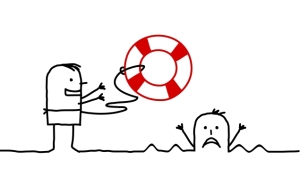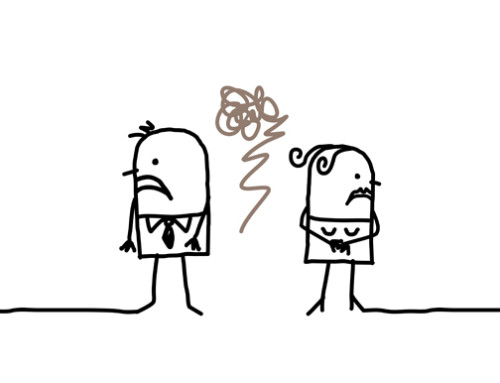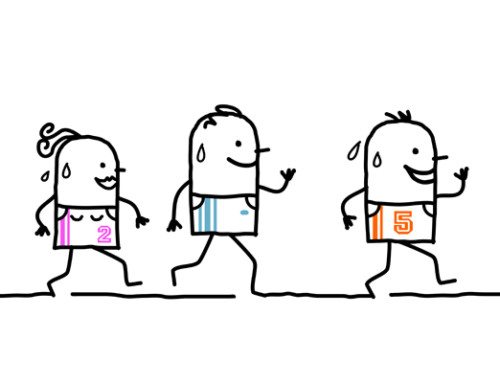In this article, I discuss how to be a supportive member of a team and how this benefits the team.
Estimated reading time: 4 minutes.
Performing as a member of a team in sports or other activities has some similarities to performing as an individual as well as some unique elements. As with individual activities, as a team member you need to work hard in practice to help you contribute to team success in your position or role. However, as a team member you also need to contribute to team success by the way you interact with and respond to your teammates.
Being a supportive teammate has been found to contribute to team success beyond the contribution made by the team member’s individual performance on the playing field or arena. In the following sections, I will discuss why being a supportive teammate contributes to team success and what steps you can take to be a supportive teammate.
Why being a supportive teammate helps team performance
There are many reasons why being a supportive teammate helps team performance. One is that each individual team member is more likely to contribute effectively to the team’s fortunes if they are being supported by their teammates and if they are supporting their teammates. In other words, better individual performances on behalf of the team add up to better performance by the team overall.
Being a supportive teammate also enhances team cohesion which, in turn, is conducive to better performance by the team. A cohesive team has members who get along with each other, like each other and function more effectively as a unit.
How to be a supportive teammate
Being a supportive teammate entails behaving in a manner toward your fellow team members which helps them to perform the best of their capabilities. This includes standing up for them (‘having their backs’), encouraging them, helping them, celebrating their successes and standing by them during their failures and other kinds of adversity.
Challenges to being a supportive teammate
Challenges to being a supportive teammate include striking a balance between focusing on your own play as an individual and focusing on getting the best from your teammates. Sometimes too much focus on one’s teammates takes away from focusing on one’s own play which can suffer as a result.
Secondly, because of their personalities some players may find it more difficult to perform the behaviours of a supportive teammate. For example, those players who are less sociable and more introverted may find it challenging to regularly interact with and encourage their teammates.
Finally, perhaps the biggest challenge to being a supportive teammate occurs when one or more team members have made mistakes or performed at a subpar level which has hurt the team’s fortunes. For example, a hockey goalie may let in a soft goal, a baseball player may make an error or strike out at a critical time, or a football player may take a bad penalty which leads to the opposition scoring.

In such situations, it is normal to be disappointed and to feel frustrated toward your teammate who has made a play which was detrimental to your team. Unfortunately, acting on those feelings by shunning or criticizing the teammate will only hurt the team’s fortunes more. Your teammate will feel worse than they already do because of their mistake. In turn, this will detract from learning from their mistake and moving on to focus on the next play or the next game. This is likely to lead them to commit more errors going forward.
Behaving non-supportively in these situations leads to further damage to team fortunes by detracting from team cohesion and instilling a tense, ‘play not to lose’ mindset in which players focus on not being involved for risk of making mistakes and incurring negative reactions from teammates. This is the opposite of the ‘play to win’ mindset in which team members get actively involved and are relaxed rather than tense.
They are not preoccupied with making mistakes because they know their teammates will support them when (not if) they make mistakes. Not surprisingly, the ‘play to win’ mindset fostered by supportive teammates leads to better individual and team performances than the ‘play not to lose’ mindset.
How to be a supportive teammate in the face of challenges
Here are some steps you can take to be a supportive teammate in the face of challenges such as those I described:
(1) Remind yourself that being supportive to a teammate whose play has cost your team will be the best way to help that teammate turn their play around and thereby help the team perform better;
(2) Remember that being supportive fosters team cohesion which contributes to better individual and team performances;
(3) Recognize that everyone, including you, will make mistakes—it comes with the territory—and that most mistakes occur despite the player giving their best effort. This should help you to reduce your frustration toward your teammate who made the mistake.
(4) Follow the golden rule—do unto others as you would have them do unto you. In this instance, think of how you would like your teammates to behave toward you when you make a play which costs your team. Then behave in that same way toward your teammates in those circumstances.
(5) Don’t try to be a player and a coach. It is your coach’s responsibility to deal with players whose performances are not where they need to be. It is your job to perform your own role to the best of your ability and to facilitate your teammates performing to the best of their abilities. Supporting them through good times and bad times is the best way you can achieve this goal.
Being a supportive teammate is not always easy but it gets easier the more you practice the above steps which eventually become habits. Doing so will bring out the best performances in you, your teammates and your team.
May you belong to teams with players who support each other,
-Dr. Pat






Leave A Comment